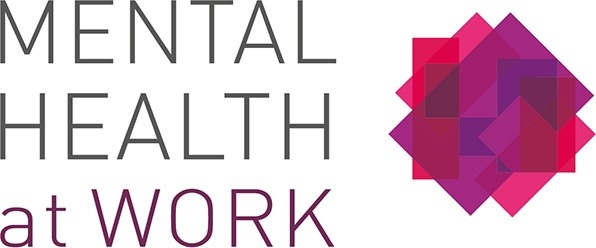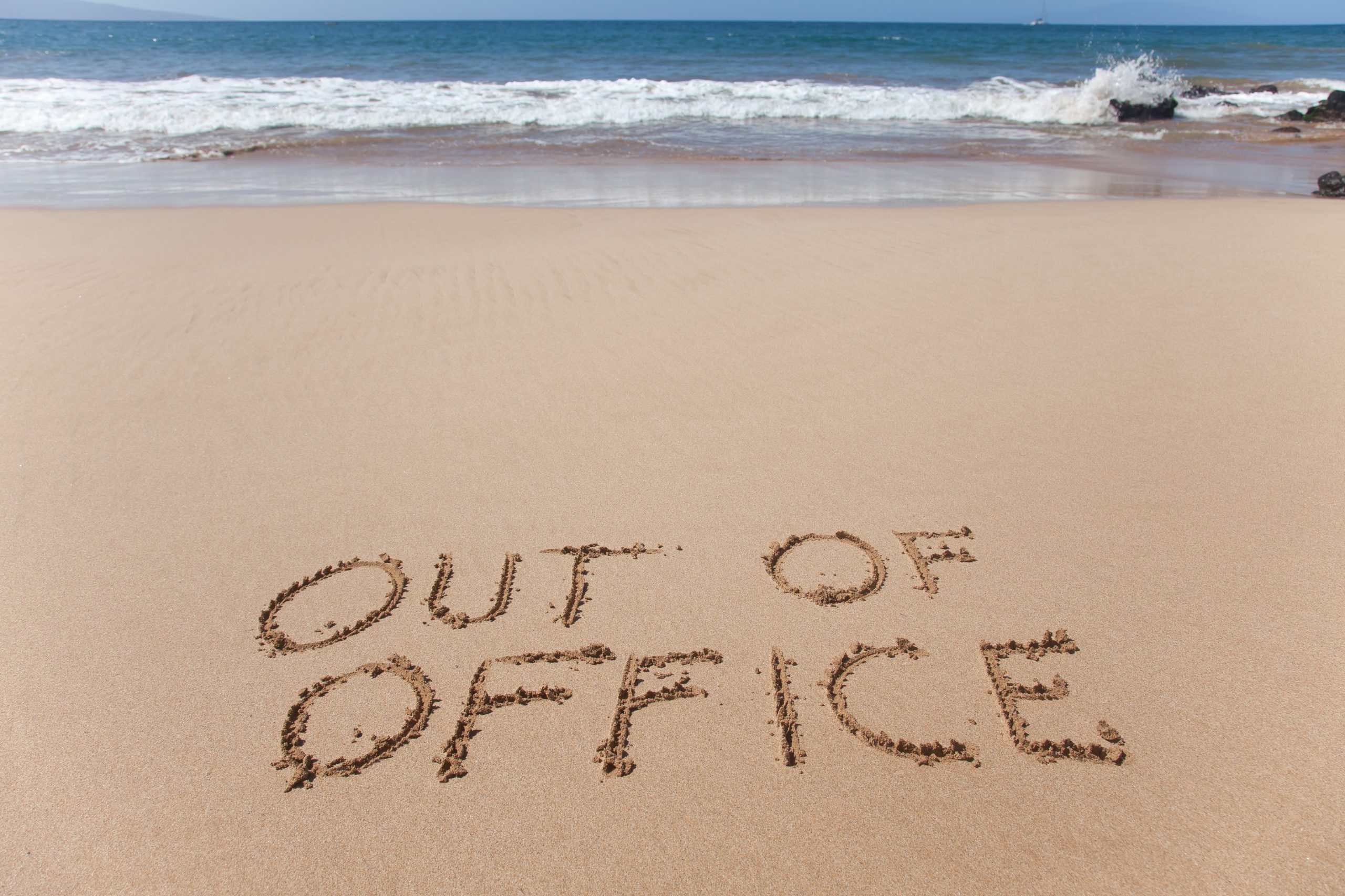The prospect of a much needed summer break from work will be on the horizon for many of us, but often we can feel as though the pressure and demands of preparing for this are counterproductive. We thought it would be useful to provide a few tips to help make the transition into and returning from your holiday is as smooth and stress free as possible. By implementing a few practical ideas, you can minimise pressure, enhance productivity, and fully enjoy a rejuvenating break.
- Plan and Prioritise: Start by creating a comprehensive plan well in advance of your holiday. Make a to-do list and prioritise tasks based on urgency and importance. Identify any critical deadlines or commitments that need to be met before your departure. By organising your workload efficiently, you can stay on top of your responsibilities and prevent that last-minute work surge.
- Delegate and Collaborate: Don’t hesitate to delegate tasks to capable colleagues before you leave. Share the workload by assigning responsibilities to team members who have the necessary skills and knowledge. Effective delegation not only lightens your pre-vacation burden but also promotes a sense of teamwork and collaboration. Provide clear instructions and offer support to ensure a smooth handover and offer the same in return to your colleagues when they take a break.
- Communicate Your Absence: Maintaining open and transparent communication is crucial. Notify your line manager, colleagues, and clients about your holiday plans well in advance. Share your absence dates and inform them of any alternative contacts they can contact if an enquiry is urgent. This proactive approach sets clear expectations and allows for better planning and coordination in your absence.
- Set Boundaries and Manage Expectations: Establishing boundaries is of course key to ensuring a stress-free break. Clearly communicate your availability and preferred mode of communication while you’re away. If possible, set up an automatic email response indicating your absence and providing alternative contacts for urgent matters. By managing expectations, you can reduce interruptions and focus on recharging during your time off.
- Complete Essential Tasks: In the days leading up to your holiday, concentrate on finishing critical and time-sensitive assignments. Avoid taking on new projects or commitments that may add unnecessary stress. By tying up loose ends, you can leave with a sense of accomplishment and peace of mind, knowing that crucial responsibilities have been taken care of.
- Organise Your Workspace: Before leaving for your holiday, spend some time decluttering and organising your physical and digital workspace. File important documents, clear out unnecessary emails, and organise your computer files. A tidy workspace not only improves your efficiency but also allows you to return to a clean and organised environment upon your return.
- Relax and Unplug: While away, give yourself permission to disconnect from work-related communication and responsibilities. Set aside dedicated time for relaxation, recreation, and spending quality time with loved ones. Engage in activities that help you recharge, such as reading, meditating, exploring nature, or pursuing hobbies. By completely disconnecting, you can return to work with renewed energy and focus.
- Plan for a Smooth Transition: Consider incorporating a transition day into your holiday plans. This extra day allows you to adjust to the return from your break and catch up on any urgent matters without feeling overwhelmed. Use this time to review emails, touch base with colleagues, and ease back into your workflow gradually.
Managing the pressure before and after a holiday is essential for maintaining a healthy work-life balance. By implementing these tips, you can reduce stress, increase productivity, and ensure a smoother transition during your time off and upon your return. A well-planned holiday not only benefits your personal well-being but also contributes to your long-term professional success. So you can take that much-needed break with confidence, knowing that you have done everything possible to prepare.

